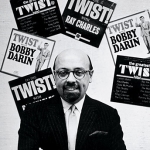United in Diversity, the official motto of the European Union, inspired by Ernesto Moneta, Italian Nobel Peace Prize winner. Never has it seemed so pertinent than now, in this ever more divided and dangerous world.
I have many reasons for wanting everyone to vote to stay in the EU, not one of which is because David Cameron or Jeremy Clarkson want to remain. This is a few of them. There will be more, you’ve been warned.
Money
I’m sure you’ve heard the Brexit argument that if we weren’t sending gazillions of £s to the EU every day we could fund the NHS properly. Then you’ve probably heard that if we weren’t sending all that cash to the EU we could fund education properly. On the other hand you might have heard that if we weren’t sending all our moolah to the EU on a daily basis we could fund our transport system properly. Or you might have heard that because we send ALL our cash to the EU we could fund our [insert absolutely ANYTHING you think isn’t funded enough in the UK]. You might think on reading this stuff that we spend a humongous proportion of our GDP on the EU. This is of course, exactly what the Brexit campaign want you to think. 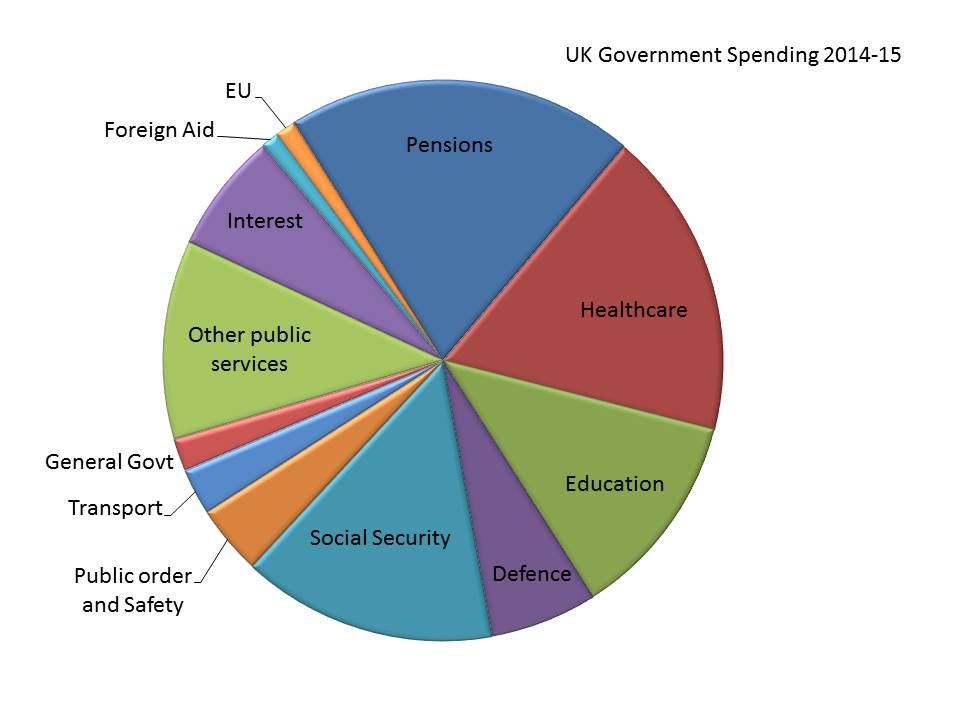
I made a graph of public spending in 2014-15, based on ONS figures. Now imagine the little orange bit that is our net EU spending is given entirely to the NHS. It would make precisely naff all difference. Divide it between health, education, defence, and transport, and we are talking homeopathic differences.
Let’s be clear, the underfunding of our public services is not due to our membership of the EU, it is entirely a political choice by the Tory party. Sure when you say the EU costs us £23m a day (the £55m figure used by the Brexit camp is flat out wrong) it sounds like a lot, but it’s about 38p per person per day, or the same as Christmas shoppers will spend in 3 hours just on London’s Oxford Street. The UK spends almost £2 billion on Valentine’s Day every year. Perspective, a great thing.
Of course we wouldn’t get to keep all that money anyway, because like Norway and Switzerland we’d have to pay pretty much all of that to the EU for the privilege of trading with it, and we would have to comply with EU regulations on goods and services while having zero control over what those regulations were and how they were made.
Laws
Yes but what about, I hear you cry, all our laws being made by Brussels. Well for a start, Brussels doesn’t make laws, it’s a region of Belgium where our representatives meet to cooperate in various EU institutions. It’s also where NATO HQ is situated but you rarely hear people using Brussels as a pejorative term relating to that, it usually gets replaced with teh evul Merkins. Secondly, the EU doesn’t make most of our laws, that is another lie perpetrated by the Brexit camp. The following graphic uses data from the House of Commons Library Briefing Paper published in June 2015 which estimates how many of our Acts and Statutory Instruments were EU related .

Sovereignty
One of those words that starts to look really weird when you look at it for long enough. It always seems weird to me that some people put such faith in this concept, especially when they are being completely and totally screwed by our sovereign government with a House of Commons majority based on winning the votes of just over a third of the British people and it’s entirely unelected majority in the House of Lords. Honestly though, sovereignty is a bit of a Little Englander myth. In fact pop pickers, sovereignty doesn’t even reside with Parliament, technically it resides with the Queen. Take that democracy. People will tell you that the monarchy is merely symbolic. They believe this, but until some wayward monarch tries to pull a fast one, no-one actually knows if our imagined democracy is as sound as they say.
We regularly and without hesitation hand over some of our sovereignty without so much as a by your leave. See UN, NATO, OSCE, WTO, IMF etc. Then there’s the unofficial handing over of sovereignty, to the US, China, the Oil producing states, and anyone else who has something, be it trade or defence related. We live in a globalised world where we make alliances and become involved in shared decision making for our own good. The key is that we give some sovereignty, it isn’t taken by anyone.
Immigration
Immigration is the most talked about aspect of the EU. The right wing media has for decades turned up the heat in the debate, usually with frankly racist and dishonest articles. I do realise though, that we have a problem getting over the facts with our voters. The fear of strangers runs deep in many communities across the world, and economic downturns always have led to the demonisation of the different, probably since we first appeared on the planet. This is about my opinion though, I’m not offering solutions, just facts.
I’m a big fan of immigration, it has been almost universally good for the UK, for its businesses, its public services, and its academic institutions. Now I’m not going to pretend that everything is rosy in the immigration garden. There are some parts of the UK where planning and infrastructure has been less than adequate for an influx of extra numbers, wherever they came from. There are many other areas where you will meet intense hostility to outsiders, despite there being no outsiders actually around. We are not however, overcrowded. I’ve driven to and from Lincolnshire many times and barely seen another sentient being. Don’t even get me started on Wales, they have so much empty space in the middle they don’t even seem to bother building roads.
I’m going to focus on the NHS with some facts about immigration that are routinely misreported by the Brexit fans.
NHS Staffing
The NHS simply could not function without immigration. A significant proportion of our workforce was born overseas. According to the King’s Fund, in 2014 around 20% of NHS staff are non-British. Imagine losing 1/5th of the NHS workforce. The figure is even higher for doctors, with about 30% qualifying abroad. In addition, 31 per cent of nursing shifts covered by agency staff over the past year were worked by foreign staff on temporary visas. Doesn’t bear thinking about does it? Of course only some of them come from the EU, so leaving would seriously impact NHS staffing but wouldn’t make a huge difference to overall immigration figures.
Health Tourism
 What about how much health tourism costs us I hear you cry. Glad you asked. It depends what you mean by “health tourism”. It comes in many different guises. There are many people from all over the world who come here to access our world renowned medical specialties. These patients are used as an extra income source by the NHS. According to Monitor, the organisation that oversees NHS Trusts, in 2013/14 Foundation Trusts earned £389 million of their income from private patients, compared to £224 million in 2009/10. A lot of that is from overseas patients who want to access the best healthcare in the world. The increase is due to the lifting of the cap on private patient income introduced with the execrable Health and Social Care Bill, courtesy of the Coalition. Now you could, with a good deal of sympathy from me, argue that NHS hospitals shouldn’t be using our staff and facilities for private patients while we have waiting lists, even if it does generate income, but what you can’t argue is that this issue is a result of our membership of the EU.
What about how much health tourism costs us I hear you cry. Glad you asked. It depends what you mean by “health tourism”. It comes in many different guises. There are many people from all over the world who come here to access our world renowned medical specialties. These patients are used as an extra income source by the NHS. According to Monitor, the organisation that oversees NHS Trusts, in 2013/14 Foundation Trusts earned £389 million of their income from private patients, compared to £224 million in 2009/10. A lot of that is from overseas patients who want to access the best healthcare in the world. The increase is due to the lifting of the cap on private patient income introduced with the execrable Health and Social Care Bill, courtesy of the Coalition. Now you could, with a good deal of sympathy from me, argue that NHS hospitals shouldn’t be using our staff and facilities for private patients while we have waiting lists, even if it does generate income, but what you can’t argue is that this issue is a result of our membership of the EU.
Similarly, we treat a lot of people from the EU via our reciprocal arrangement with other EU countries. So if say, Mr Schmidt comes over on holiday, or for work, gets run over or falls ill with something we will treat him just as you would be treated if you fell off your donkey in Benidorm. Leaving the EU wouldn’t stop people getting sick in another country, it would simply make it harder to claim the money back and a whole lot more annoying for British holidaymakers and probably more expensive via increased insurance premiums.
So what people really mean, when they talk about health tourism, is those people who come here for treatment who don’t plan to pay for it right? The Department of Health estimates that the cost of this sort of healthcare use is between £110 million and £280 million. Sounds like a lot? Like our contribution to EU coffers, it’s all relative.
The figure is split into two groups:
- People who travel to the UK for acute expensive treatment who go straight to A&E. They cost us and estimated £60-80 million annually.
- Those accessing routine treatment, having been legitimately able to register with a GP and visit on a regular basis, including many British expats by the way, who often should pay but who have an active GP registration. They cost about £50-200 million.
Note that this is for the whole world, not the EU. Still sounds a lot, but a) the cost of clamping down on this exceeds, via admin costs, the amount we lose and b) Overseas visitors account for whopping 0.1% of our total health budget.
TTIP
This is also a biggie, because it’s the argument used by the left to argue against the EU, rather than the right. TTIP as you probably know, is a series of trade negotiations being carried out between the EU and US with the aim of reducing tariffs and the regulatory barriers to trade for big business, making it easier for companies on both sides of the Atlantic to access each other’s markets. The main UK argument against TTIP is that it would allow private firms to bid to run NHS services and enable them to sue the government if it chose to return the services to the public sector.
Firstly, if TTIP ever happens I’ll be gobsmacked. Once an agreement is made, which let’s be honest, is freakin’ years away, it has to be ratified by all member states, who have been known to throw other agreements in the fire after years of work. Secondly, there is no reason to believe the NHS would be at more risk from an EU agreement than it already is from a Tory government. Think about it, if we weren’t in the EU do you think the Tories would hesitate for a second about begging the US for a bilateral trade deal, quite probably on much worse terms for our precious NHS than any EU agreement? And who is it exactly who is leading from the front on a jet propelled steamroller in the NHS privatisation stakes? The Tory government, that’s who. Lastly, the scaremongering from the Brexit camp was pretty comprehensively slam dunked by the EU Trade Commissioner Cecelia Malmstrom last year and the EU produced a handy little mythbuster leaflet too here. We have to be on this from the inside, where at least our Labour MEPs can have some influence. It’s either that or Oliver Letwin will stand a much better chance of having his wish granted.

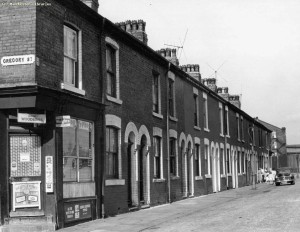






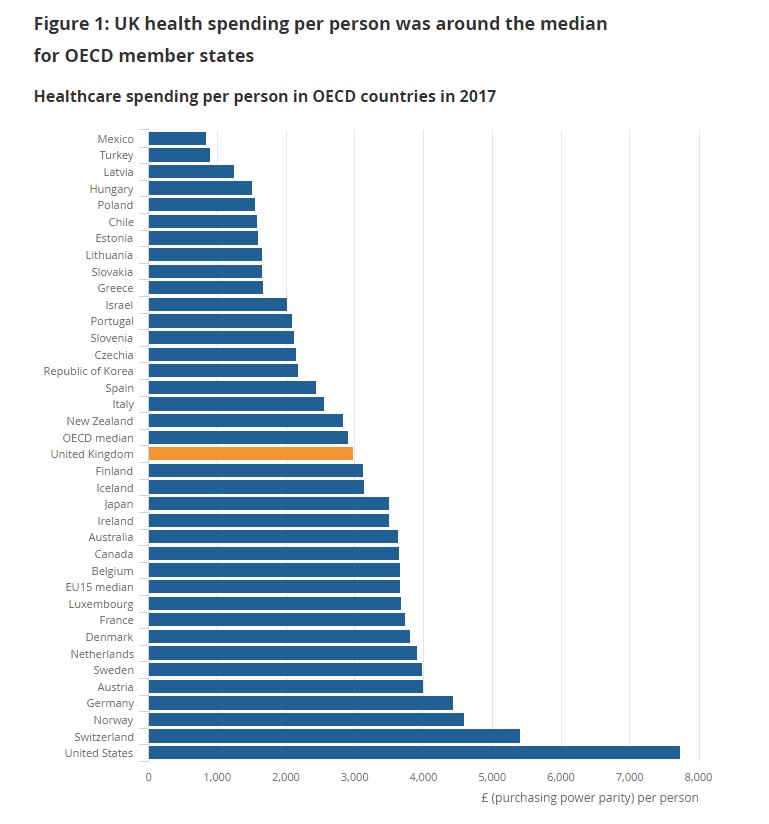

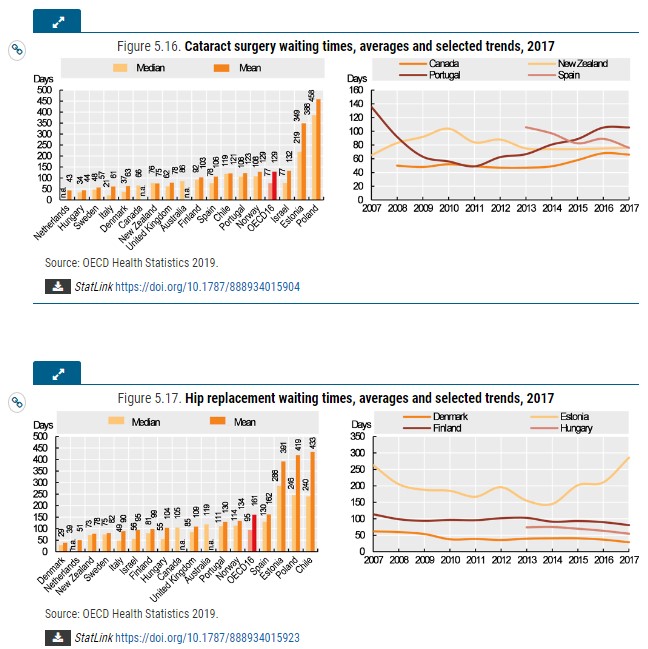
 worst and most devastating election campaign I’ve ever seen. Normally you have to choose a party to vote for that isn’t perfect, but one that most closely reflects your values and principles. This year, there isn’t one, not a single party that even comes close to representing me.
worst and most devastating election campaign I’ve ever seen. Normally you have to choose a party to vote for that isn’t perfect, but one that most closely reflects your values and principles. This year, there isn’t one, not a single party that even comes close to representing me.


 What about how much health tourism costs us I hear you cry. Glad you asked. It depends what you mean by “health tourism”. It comes in many different guises. There are many people from all over the world who come here to access our world renowned medical specialties. These patients are used as an extra income source by the NHS. According to Monitor, the organisation that oversees NHS Trusts, in 2013/14 Foundation Trusts earned £389 million of their income from private patients, compared to £224 million in 2009/10. A lot of that is from overseas patients who want to access the best healthcare in the world. The increase is due to the lifting of the cap on private patient income introduced with the execrable Health and Social Care Bill, courtesy of the Coalition. Now you could, with a good deal of sympathy from me, argue that NHS hospitals shouldn’t be using our staff and facilities for private patients while we have waiting lists, even if it does generate income, but what you can’t argue is that this issue is a result of our membership of the EU.
What about how much health tourism costs us I hear you cry. Glad you asked. It depends what you mean by “health tourism”. It comes in many different guises. There are many people from all over the world who come here to access our world renowned medical specialties. These patients are used as an extra income source by the NHS. According to Monitor, the organisation that oversees NHS Trusts, in 2013/14 Foundation Trusts earned £389 million of their income from private patients, compared to £224 million in 2009/10. A lot of that is from overseas patients who want to access the best healthcare in the world. The increase is due to the lifting of the cap on private patient income introduced with the execrable Health and Social Care Bill, courtesy of the Coalition. Now you could, with a good deal of sympathy from me, argue that NHS hospitals shouldn’t be using our staff and facilities for private patients while we have waiting lists, even if it does generate income, but what you can’t argue is that this issue is a result of our membership of the EU.



